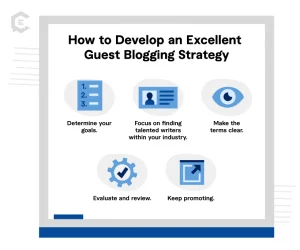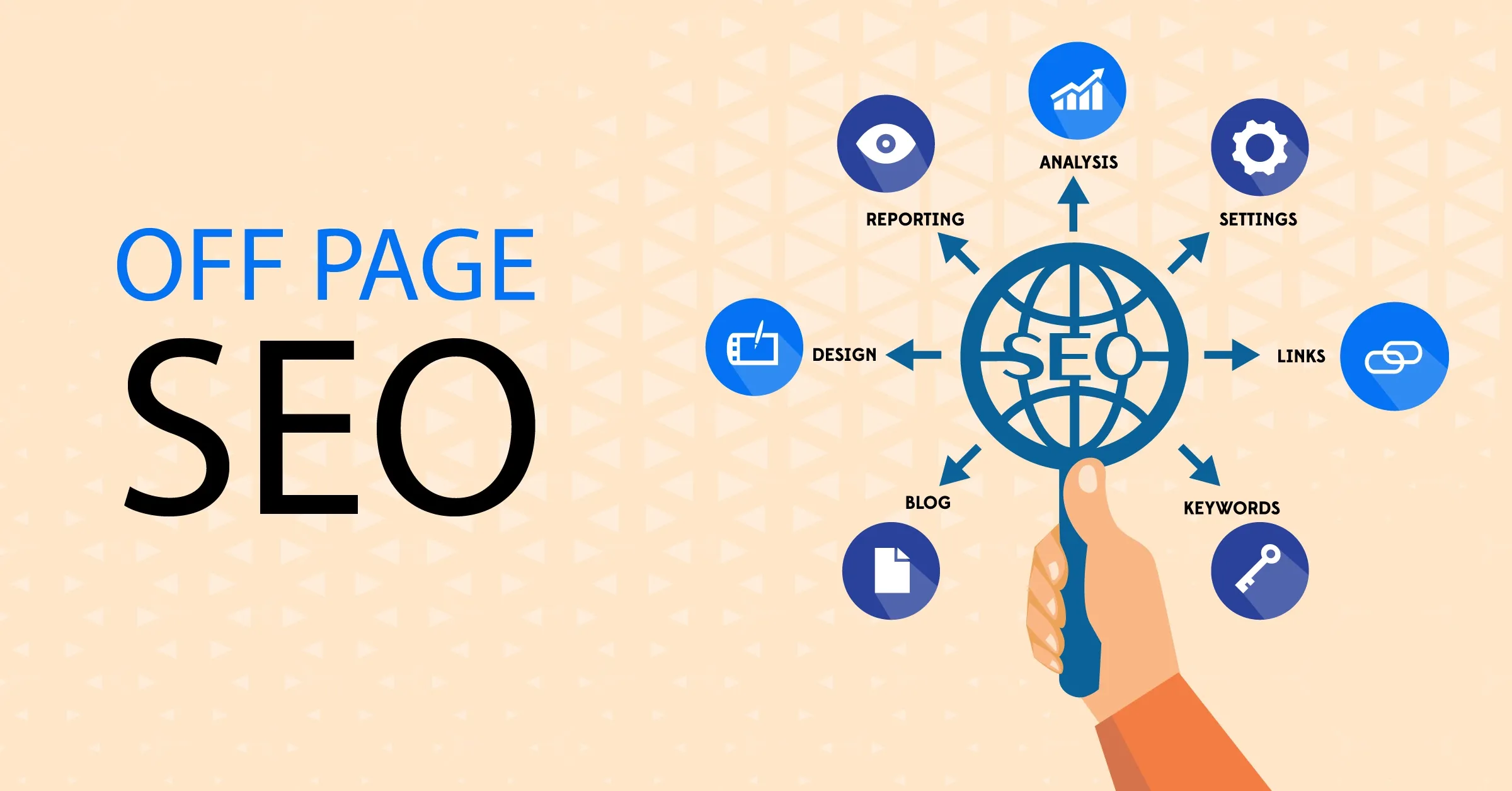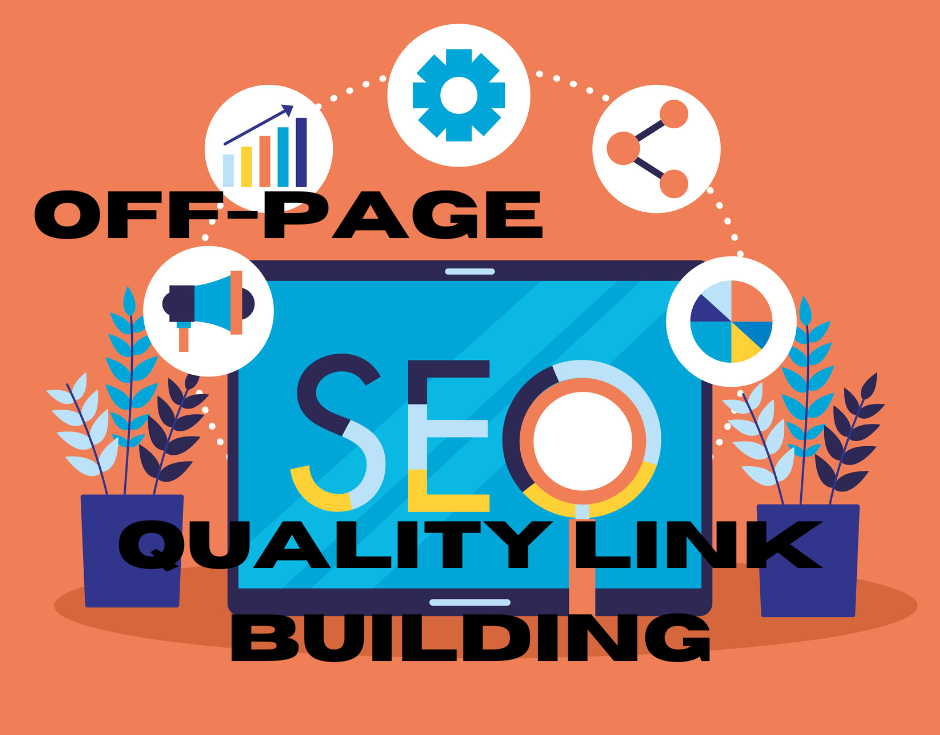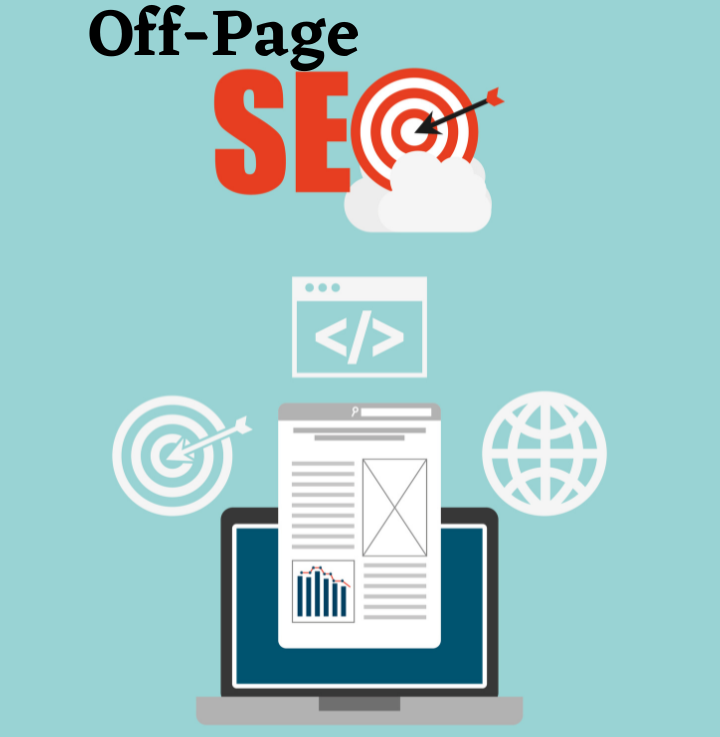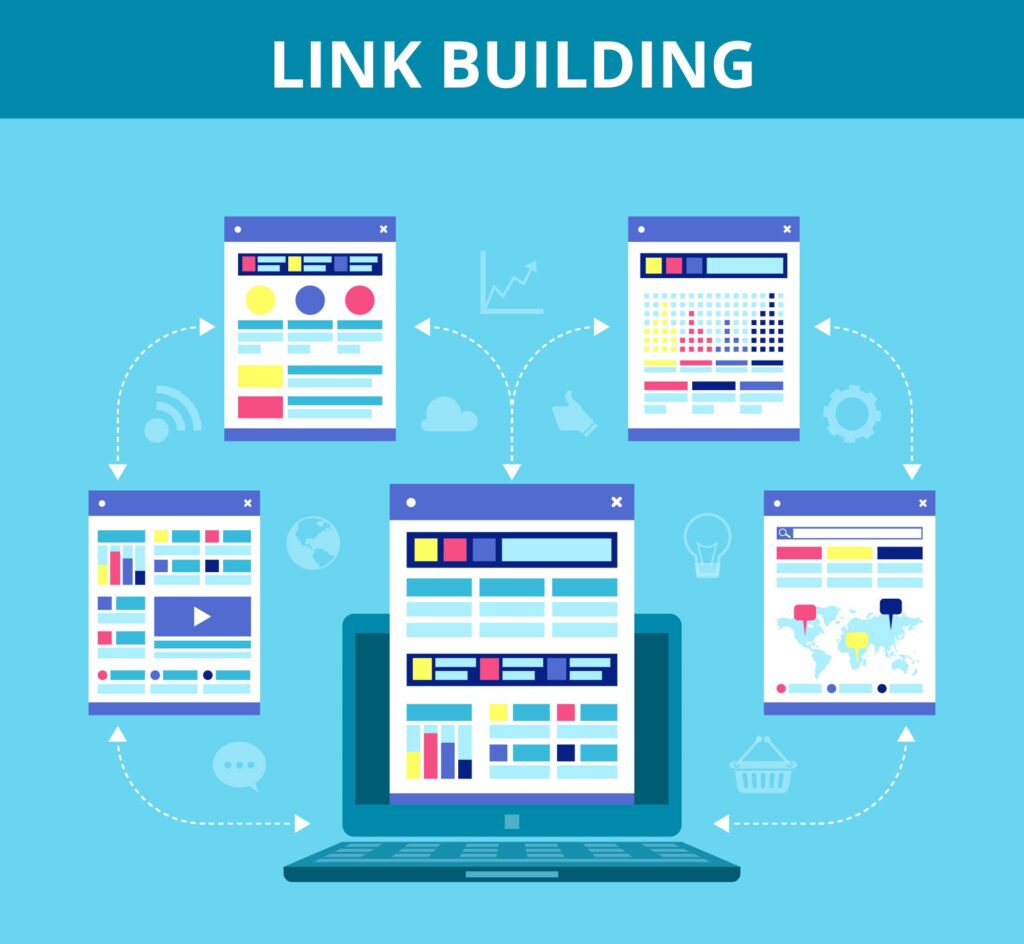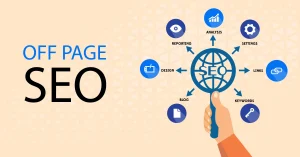
How a website can boost up using Off-Page optimization is discussed here. When optimizing a website, there are a few steps to boost it up. Off-page SEO focuses on increasing your website’s authority, visibility, and credibility by engaging in activities outside your website. Here’s a breakdown of essential off-page SEO techniques that can help your site rank higher, attract more organic traffic and establish itself as a leader in your industry. The following content tells more about how Off-Page SEO can help to make a website more crawlable.
1. Quality Backlink Building in Off-page SEO
High-Authority Links: Prioritize links from reputable, high-authority websites in your industry, as these hold more SEO value than lower-quality sites.
Guest Posting: Contribute valuable articles to popular blogs and publications in your niche, linking back to your site within the content to build authority and attract new audiences.
Broken Link Outreach: Identify broken links on reputable websites in your niche and offer relevant content from your site as a replacement, providing value to both the site owner and your link profile.
The Skyscraper Technique: Find top-performing content in your field, create an improved version, and reach out to sites linking to the original content, suggesting yours as a better alternative.
2. Brand Mentions and Unlinked Mentions
Unlinked Brand Mentions: Monitor for mentions of your brand across the web that don’t include a link to your site. Contact the site owner to request a link, turning the mention into a valuable backlink.
Influencer Collaborations: Collaborate with influencers or thought leaders in your industry to generate brand mentions. These partnerships can build credibility and encourage natural mentions and backlinks.
Social Proof Through Reviews: Encourage satisfied customers to leave positive reviews on Google, Yelp, and industry-specific review platforms. This social proof enhances your brand’s trustworthiness and can indirectly improve your SEO.
3. Social Media Engagement and Signals
Content Promotion: Share your high-quality content on social platforms to reach a wider audience and encourage sharing. Increased engagement can drive more referral traffic to your site and indirectly boost SEO.
Consistent Branding: Establishing a consistent and authentic brand voice across social platforms fosters trust, which can encourage shares and engagement.
Interact with Followers: Participate in conversations and reply to comments regularly to interact with your followers. This humanizes your brand and encourages people to share and discuss your content.
4. Content Syndication and Sharing on Other Platforms
Content Syndication: To increase visibility, republish or reformat your content on authoritative sites like Medium, LinkedIn, or industry-specific platforms. Avoid duplicate content, canonical tags, or significant changes to the syndicated content.
Engage on Q&A Platforms: Contribute meaningful answers on sites like Quora and Reddit, providing value to readers while linking back to your site when relevant. This increases your authority and brings in targeted traffic.
Resource Pages: Reach out to sites with resource pages or curated lists in your industry, suggesting your content as a valuable addition. Resource pages often provide high-quality backlinks and are trusted by search engines.
5. Local SEO and Building Citations
Local Directory Listings: List your business on trusted directories (Google My Business, Yelp, Bing Places, etc.) to boost local search relevance and establish trust.
NAP Consistency: Verify that the Name, Address, and Phone Number (NAP) of your company appear consistently in all directories and citations. This accuracy is crucial for local SEO success.
Local Collaborations: Collaborate with local businesses, charities, or events to earn local backlinks, which strengthen your local relevance and authority.
6. Public Relations (PR) for Online Authority
Press Releases: Share newsworthy updates with online publications and news sites. A well-crafted press release can earn media coverage, boosting brand visibility and earning high-quality backlinks.
HARO (Help A Reporter Out): Sign up for HARO to provide expert quotes and insights to journalists. This platform can result in mentions and backlinks from high-authority news sites.
Industry Events and Sponsorships: Partner with industry events or sponsorships that align with your brand. These partnerships often lead to mentions on event websites, industry blogs, and media sites.
7. Video and Visual Content Marketing
Video Content on YouTube: Posting informative videos on YouTube can drive traffic back to your website, as well as build your presence on one of the largest search engines. Make sure your video descriptions contain links. Infographics and Visuals: Create high-quality infographics that others in your industry might want to share, earning natural backlinks and expanding your reach.
Slides and PDFs on Document Sites: Share presentations and PDFs on sites like SlideShare, which can lead to backlinks and improved brand visibility.
Final Takeaways
Off-page SEO is a long-term strategy focused on establishing your brand’s authority, visibility, and credibility. By consistently employing these techniques, you can build a strong off-page SEO foundation that will boost your website’s rankings, increase organic traffic, and enhance your brand’s reputation across the web.



